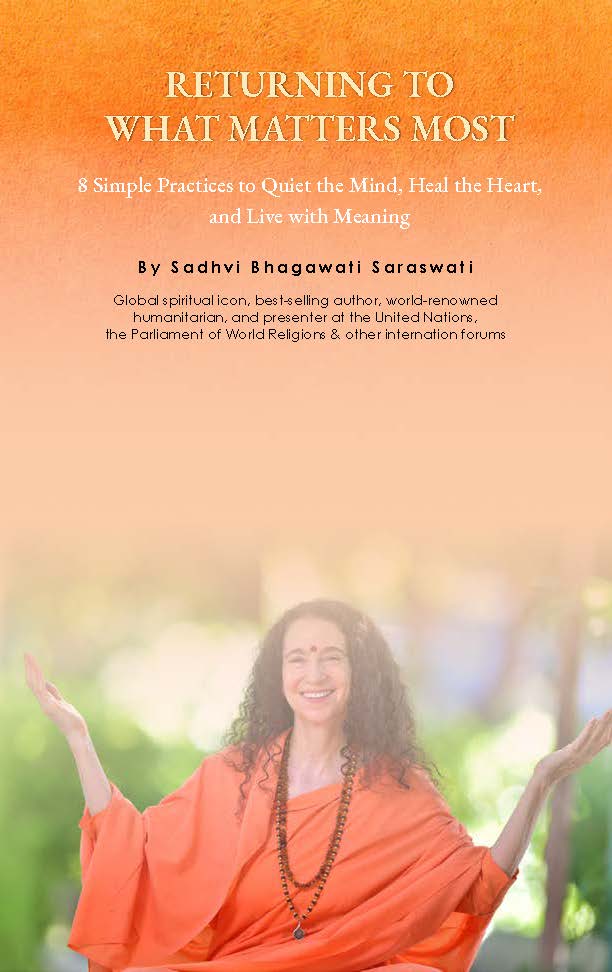
A Tragic Irony: America’s Funding Cut To UNFPA Could Lead To MORE Abortions In India
Trump administration has justified the move saying it’s to prevent ‘coercive abortion’ in China.
This article was published on The Huffington Post, here.
Reading the news in India we see the stories regularly: Kiran, aged 25, mother of a nine-year-old daughter and seven-year-old son died just after giving birth due to excessive bleeding. Geeta, aged 32, died when the personnel at the village clinic yanked on her baby too hard, severing its head from the body and leaving the head in her womb. Kavita died from post-partum complications, when none of the local clinics would admit her. An unnamed woman died on the road in Kolkata whilst giving birth to twins.
Every hour in India, five women die in childbirth, according to the World Health Organisation, leading to almost 45,000 preventable deaths of women a year. Globally the statistics are dire: according to the WHO, 303,000 women perish annually from complications in pregnancy or childbirth; additionally, for every woman who dies in childbirth, dozens more suffer injury, infection or disease.
They [UNFPA] have saved countless thousands of women from death and disability due to pregnancy, childbirth and gender-based violence.
At a time when women’s rights, women’s empowerment and women’s upliftment occupy places of priority in government agendas, we must end this unnecessary and easily preventable gendercide. That is exactly what the United Nations organisations, particularly the United Nations Population Fund (UNFPA) does—they work across all barriers of caste and creed, in fragile settings and conflict zones across the world, helping to ensure that “Every pregnancy is wanted, every childbirth is safe and every young person’s potential is fulfilled.” They have saved countless thousands of women from death and disability due to pregnancy, childbirth and gender-based violence.
The UNFPA has saved tens of thousands of mothers from preventable deaths and disabilities, especially in the current rapidly developing global humanitarian crises. And now the US has proposed cutting funding to the UNFPA.
Here in India, where our Global Interfaith WASH Alliance is working to help ensure that everyone has access to safe, sustainable Water, Sanitation and Hygiene (WASH), we notice another striking and tragic ramification of the proposed budget cuts.
According to Women and Child Development Minister Maneka Gandhi, approximately 2000 young girls in India are killed in utero every day due to the cultural preference for boys over girls. Sex-selected abortions deprive this beautiful nation, and the world, of hundreds of thousands girls every year. According to a 2011 article in the Lancet, quoted by Reuters, 12 million Indian girls were aborted due to sex selection, between 1981 and 2011, averaging approximately 400,000 per year…
The UNFPA is active in many states of India and, ironically—even as President Trump claims that their funding goes to abortions— their work here in India may be preventing countless abortions. The birth rate of girls to boys is actually improving in many of India’s states in which the agency is working. Additionally, more and more young girls are being permitted to live healthy childhoods, protected from the threat of underage marriage. They are working, indefatigably and effectively, for gender equality and to give young girls equal opportunity at education.
President Trump’s proposed budget cuts would, according to the United Nations Secretary General Antonio Guterres have “devastating effects.” We fervently agree.
President Trump’s proposed budget cuts would, according to the United Nations Secretary General Antonio Guterres have “devastating effects.” We fervently agree.
Our Global Interfaith WASH Alliance is working daily to enable women from villages and slums to become WASH entrepreneurs. We are bringing them together to build toilets and wage their own Swachhta Kranti, or revolution against pollution, hardship and disease. We are working in schools, bringing not only logistic support of actual toilets but also WASH education. We are face to face, daily, with the suffering and distress for women and children that arise without access to pre and post natal care or family planning programmes. We see, regularly, the tragic ramifications when local health workers are not trained to identify, prevent and thwart violence against women and girls.
To pull money out of this type of work, which our world so crucially requires, is detrimental and counter-productive. Our world is facing humanitarian crises of nearly epidemic proportions. Seventy-five percent of those affected by these crises are women and children. This is the time to be pledging more support, not less, to organisations working on the frontlines with those most affected. At this time, not yet a year into the Sustainable Development Goals, we need the world’s resources to be channelled toward, not away from, development programs that focus on gender equality and empowerment of women and girls. The United Nations organisations need more, not less, support to help ensure that we can reach our lofty sustainable development goals by 2030.



